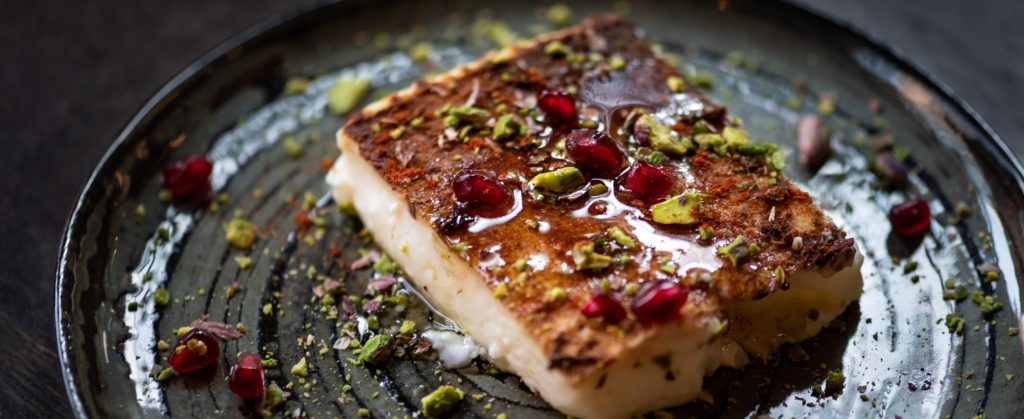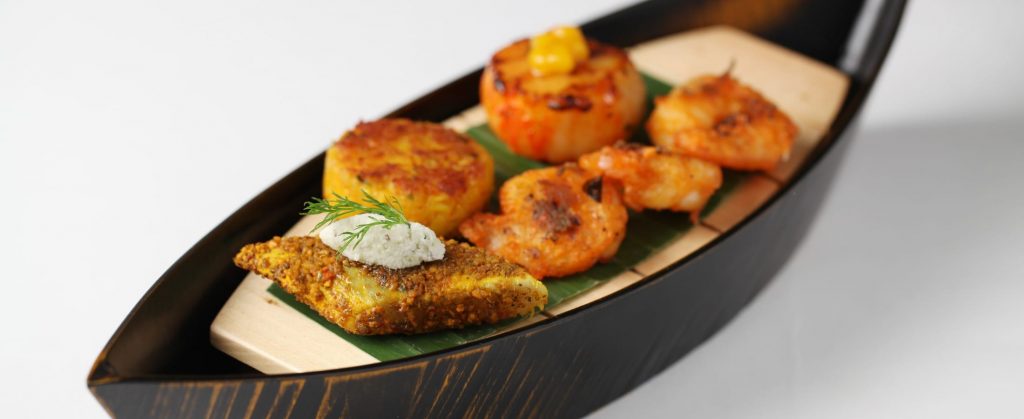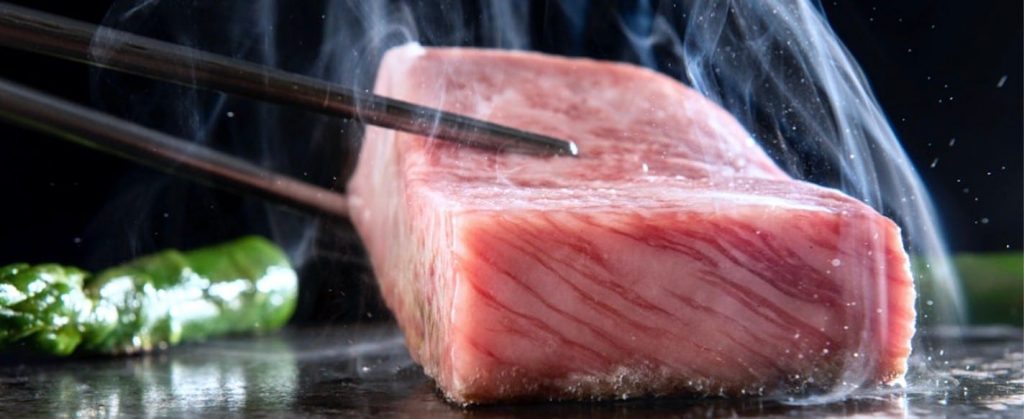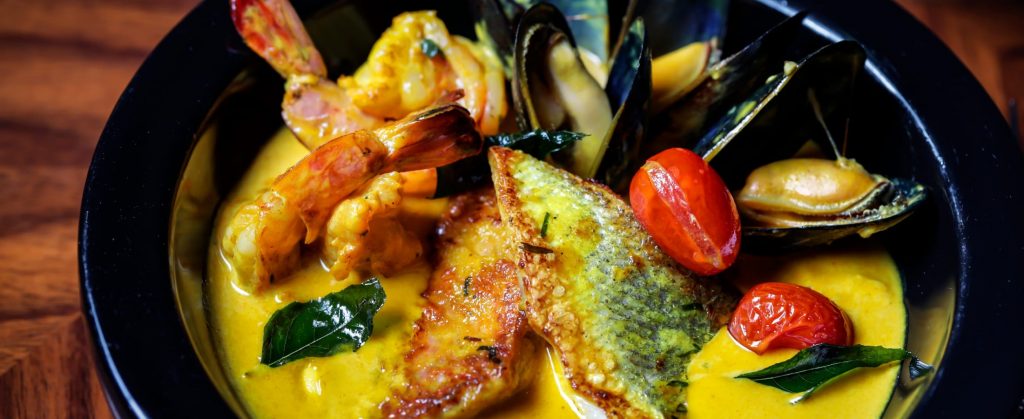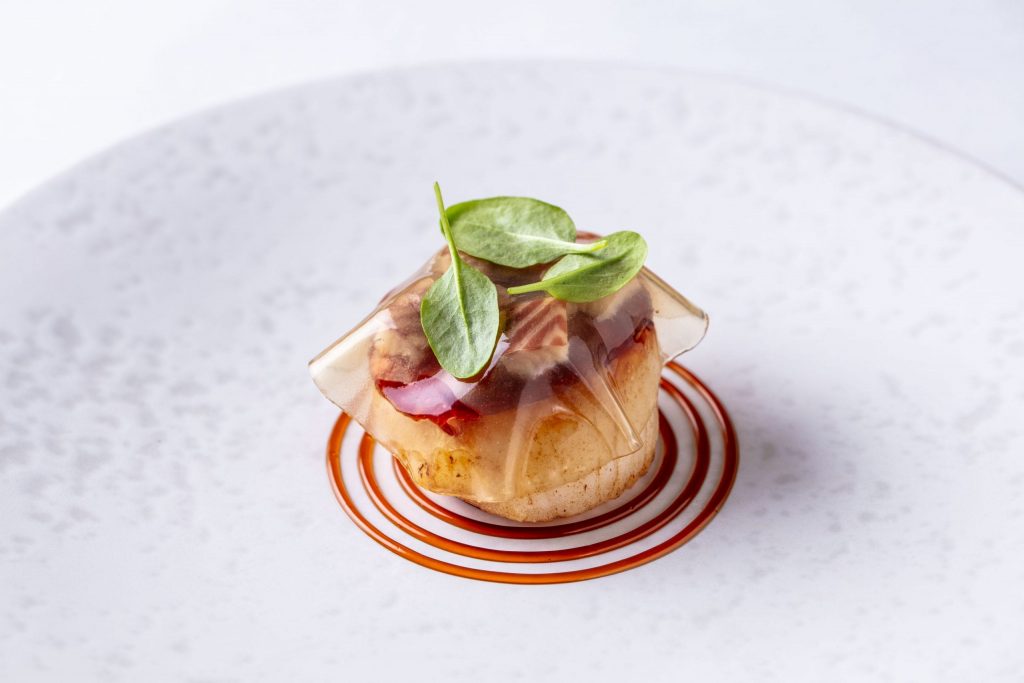For those who may not know much about caviar besides its hefty price tag, a glimpse into how it is produced might be useful. The process usually involves killing sturgeon to harvest immature eggs. When the eggs aren’t harvested at the right time, it results in more dead sturgeon and more discarded eggs. Fortunately, however, a marine biologist by the name of Angela Köhler has developed a method known as ‘Vivace’ that allows for the harvesting of caviar without the need to kill the fish that produce it.
 This is achieved by carefully monitoring the natural fertilization process of the sturgeon via ultrasound. When the eggs are ready for harvesting, the fish are administered a protein that causes them to release the eggs, which are then gently massaged from their bodies within a few minutes. By this point, all of the eggs are equipped with the necessary nutrients for them to survive and grow, ensuring homogeneity in a very natural way.
This is achieved by carefully monitoring the natural fertilization process of the sturgeon via ultrasound. When the eggs are ready for harvesting, the fish are administered a protein that causes them to release the eggs, which are then gently massaged from their bodies within a few minutes. By this point, all of the eggs are equipped with the necessary nutrients for them to survive and grow, ensuring homogeneity in a very natural way.
The process has begun to save the lives of sturgeon and Vivace is now marketed to caviar producers around the world. The unique aspect of the Vivace method is that a single sturgeon will be able to produce caviar more than once. It enables continual caviar production without the need to harm sturgeons.
The taste of caviar is most intense when a sturgeon has spawned a few times; however, most traditional caviar harvesters cannot afford to wait for a sturgeon to do so, as it takes several years. Vivace’s is the first method of its kind that makes it possible to obtain several harvests from the same sturgeon, whereby the size of the egg increases with each harvest, creating a flavor that is naturally more intense.
Vivace currently offers a range of caviars, including caviar from Siberian and Russian sturgeons as well as Beluga, Albino Sterlet and Stellate sturgeons which are all packaged in glass, aluminum or metal cans in weights ranging from 30g to 1kg. Other sizes are available upon request. Production is year round and the caviar promises a long shelf life of up to nine months.
Let’s toast to friendly, rich and delicious caviar!

